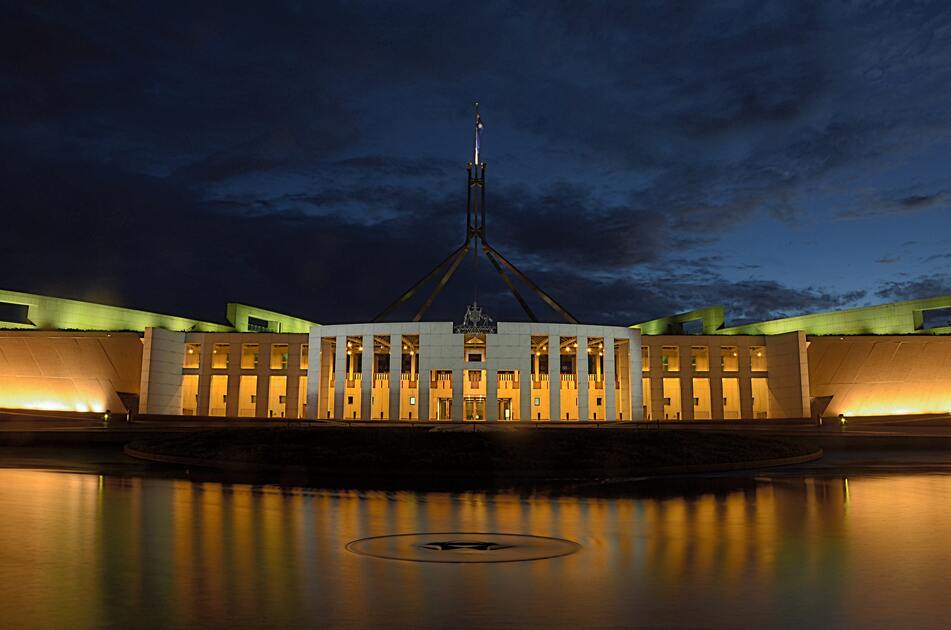National charity regulator Australian Charities and Not-for-profits Commission (ACNC), has revoked the registration of 303 Australian charities for twice failing to submit their Annual Information Statements.
ACNC has referred these organisations to the Australian Taxation Office, as they are no longer eligible for certain generous Commonwealth tax concessions only available to charities.
In October, ACNC Assistant Commissioner Anna Longley said they publicly notified more than 300 charities that they risked losing their charity registration. Charities are obliged to keep their contact details, their Address for Service, and their reporting up to date.
Longley issued a public notice 28 days ago after ACNC failed to contact the charities directly.
“To maintain confidence and trust in the sector it is important that we provide the Australian community with accurate and up-to-date information on the Charity Register. The Register contains information such as a charity’s activities, beneficiaries and financial details,” Longley said.
Longley added that the Charity Register garnered more than 3 million searches in the past financial year, reflecting the growing awareness of the Register as a valuable resource for the public, donors, regulatory bodies and government.
Information on the Charity Register is mainly collected from the Annual Information Statements, which charities are required to submit to the ACNC.
While it is likely many of the revoked charities are no longer active, Longley said they wanted to offer them every opportunity to maintain their ACNC registration. Revoking charities that are no longer active or fail to meet their obligations is an important part of the ACNC’s role as the National charity regulator.
“I am pleased that some of the more than 300 charities that were initially notified that they were at risk of losing their registration submitted their outstanding statements. This group has retained their ACNC registration and will continue to access generous Commonwealth charity tax concessions,” Longley said.












